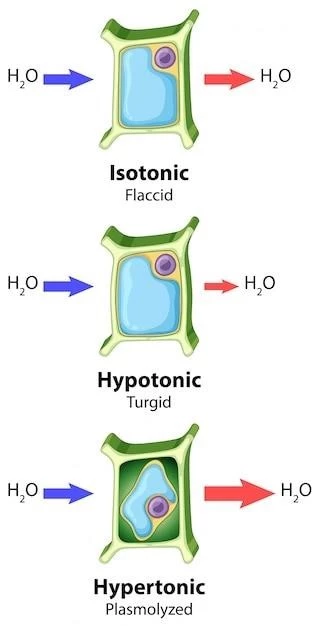Learn about the rare genetic disorder known as 4-Alpha-hydroxyphenylpyruvate hydroxylase deficiency․
Definition and Background
4-Alpha-hydroxyphenylpyruvate hydroxylase deficiency is a rare inherited disorder that affects the breakdown of the amino acid tyrosine․ This condition can lead to a buildup of toxic substances in the body, causing various symptoms․ Understanding the genetic causes and available treatments is crucial for managing this disorder effectively․
Symptoms of 4-Alpha-hydroxyphenylpyruvate hydroxylase deficiency
Understanding the signs and symptoms of this rare genetic disorder is essential for timely intervention․
Common Symptoms
The common symptoms of 4-Alpha-hydroxyphenylpyruvate hydroxylase deficiency may include developmental delays, intellectual disability, seizures, behavioral problems, and a distinctive body odor․ Understanding these key indicators can aid in early detection and appropriate management of the condition․
Diagnosis of 4-Alpha-hydroxyphenylpyruvate hydroxylase deficiency
Discover how healthcare professionals diagnose this rare genetic disorder through specialized tests․
Diagnostic Methods
Diagnostic methods for 4-Alpha-hydroxyphenylpyruvate hydroxylase deficiency include blood and urine tests to detect elevated levels of specific substances, genetic testing to confirm the presence of mutations, and imaging studies to assess any potential organ damage․ A multidisciplinary approach involving medical professionals is essential for an accurate diagnosis․
Treatment options for 4-Alpha-hydroxyphenylpyruvate hydroxylase deficiency
Explore the current approaches for managing this rare genetic disorder and improving quality of life․
Current Treatment Approaches
Current treatment approaches for 4-Alpha-hydroxyphenylpyruvate hydroxylase deficiency focus on managing symptoms and complications․ This may include dietary restrictions, medication to control seizures, and monitoring tyrosine levels․ Ongoing research aims to develop more targeted therapies to address the underlying genetic cause of the condition․
Research updates on 4-Alpha-hydroxyphenylpyruvate hydroxylase deficiency
Stay informed about the latest advancements and breakthroughs in understanding and treating this condition․
Recent Studies and Findings
Recent studies on 4-Alpha-hydroxyphenylpyruvate hydroxylase deficiency have focused on exploring novel therapeutic approaches, understanding the molecular mechanisms underlying the condition, and improving diagnostic methods․ These findings pave the way for more targeted and effective treatments in the future․

Genetic causes of 4-Alpha-hydroxyphenylpyruvate hydroxylase deficiency
Discover how genetic mutations play a critical role in the development of this inherited disorder․
Genetic Mutation and Inheritance
The genetic mutations associated with 4-Alpha-hydroxyphenylpyruvate hydroxylase deficiency are inherited in an autosomal recessive pattern, meaning that an individual must inherit two copies of the faulty gene ⎻ one from each parent ⎻ to develop the condition․ Understanding the inheritance pattern and specific gene mutations can help healthcare providers offer appropriate genetic counseling and management strategies․
Support groups for individuals with 4-Alpha-hydroxyphenylpyruvate hydroxylase deficiency
Find community resources and support networks to connect with others affected by this genetic disorder․
Community Resources
Community resources for 4-Alpha-hydroxyphenylpyruvate hydroxylase deficiency offer educational materials, financial assistance programs, online forums, and access to specialists․ These resources provide valuable support and information for individuals and families navigating the challenges associated with this rare genetic disorder․
Lifestyle management tips for 4-Alpha-hydroxyphenylpyruvate hydroxylase deficiency
Explore strategies for maintaining a healthy lifestyle and managing the challenges of this condition․
Healthy Living Strategies
Embracing a balanced diet low in tyrosine, staying hydrated, participating in regular physical activity within individual limits, and adhering to prescribed medications are key components of managing 4-Alpha-hydroxyphenylpyruvate hydroxylase deficiency․ Proper self-care, periodic medical check-ups, and open communication with healthcare providers ensure optimal well-being for individuals with this condition․
